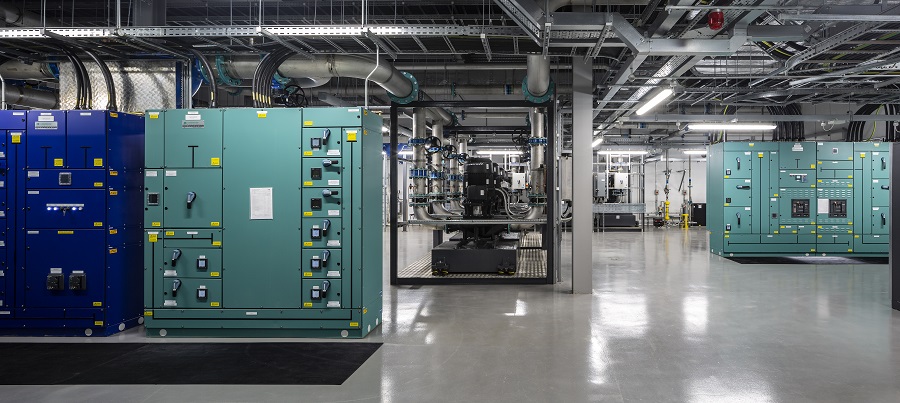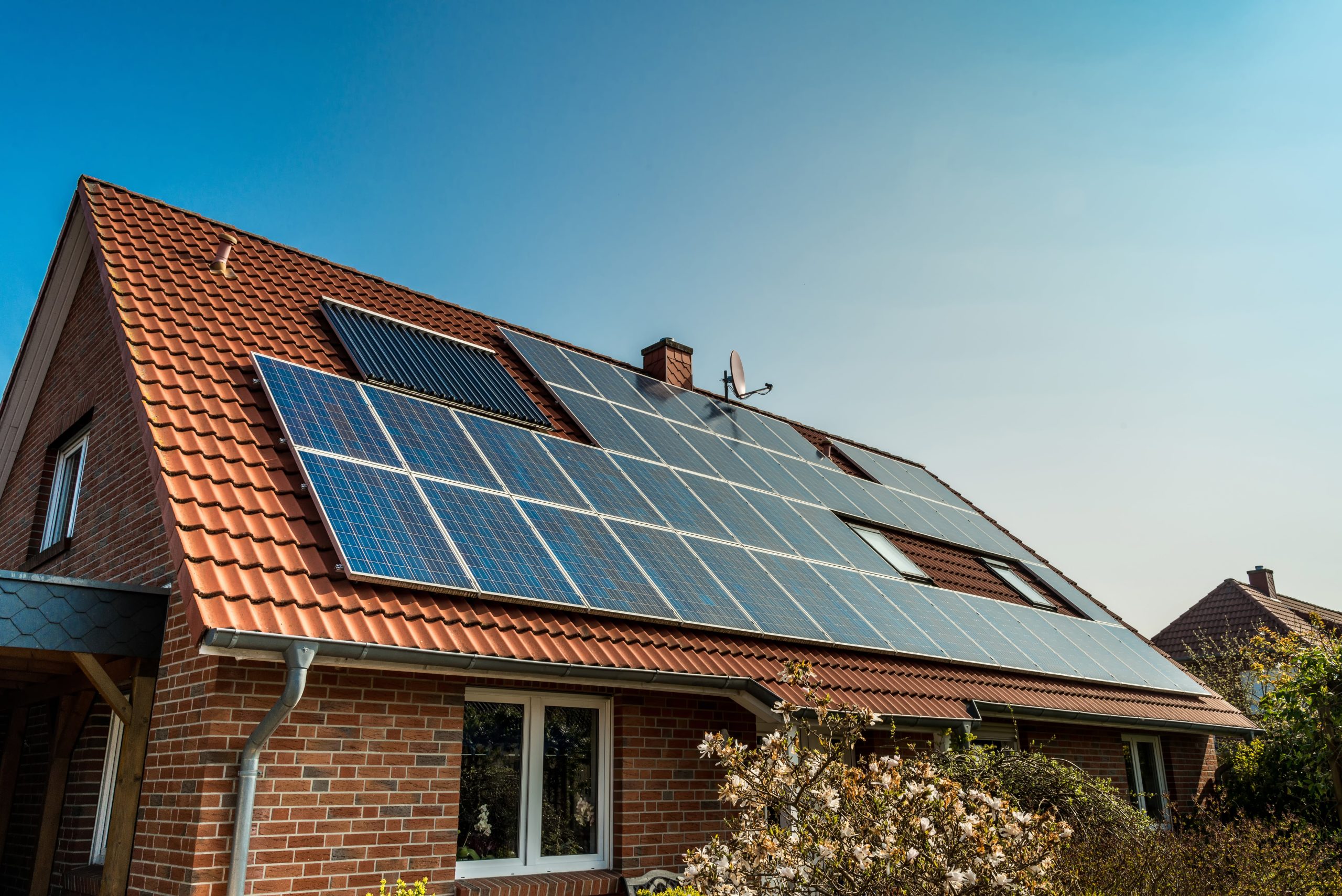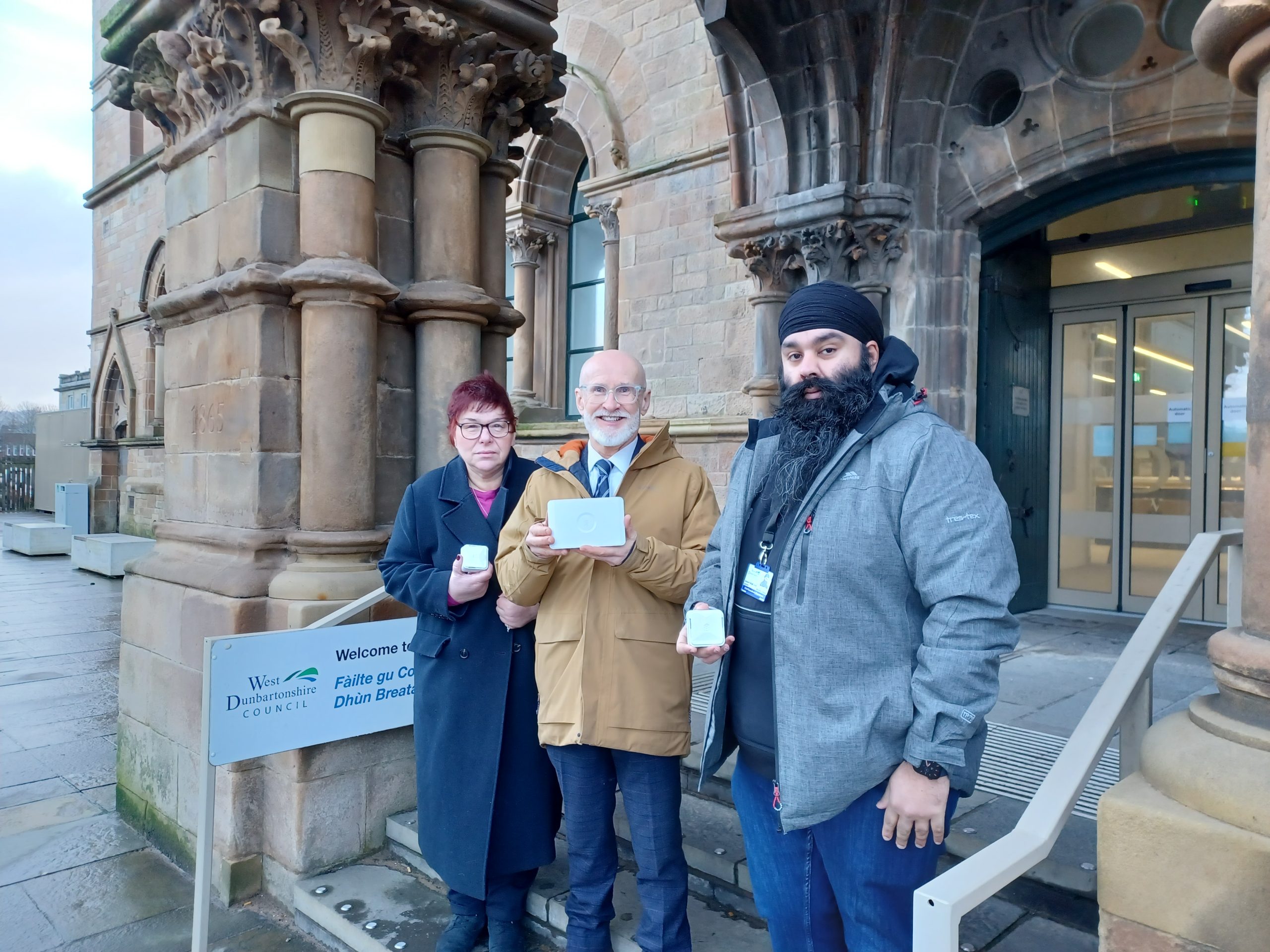Could Waste Supercomputer Heat Help Heat Our Homes?

A first-of-its-kind system in the UK is currently being trialled in Edinburgh to see if waste heat from a large computing facility can be stored in disused mine workings and used to heat homes. How could this help to boost heat pump technology?
The University of Edinburgh’s Advanced Computing Facility (ACF) has said that the large amounts of energy needed to power the facility could be recycled to heat at least 5,000 households in the city.
The £2.6 million feasibility study will examine how the water in old mine workings near the facility could be harnessed to heat people’s homes. The process of cooling the supercomputers would be augmented to transfer the captured heat into the mine water (up to a maximum temperature of 40 degrees Celsius).
It would then be transported by natural groundwater flow in the mine workings, and made available to warm people’s homes via heat pump technology.
If the study is successful, it is said that it could become a global blueprint for converting abandoned flooded coal, shale and mineral mine networks into underground heat storage.
The project is part of the University of Edinburgh’s net zero ambitions
Researchers have revealed that with a quarter of UK homes sitting above former mines, potentially seven million households could have their heating needs met this way.
Led by TownRock Energy, the Edinburgh Geobattery project is being spearheaded by industry and academic partners from Scotland, the US, and Ireland.
The University of Edinburgh is the lead research partner on the project and is providing £500K of funding as part of its own net zero objectives.
Scottish Enterprise has awarded a £1 million grant to the project through the Joint Programming Platform Smart Energy Systems (JPP SES) and Geothermica, two networks that have co-funded projects developing innovative heat and cooling solutions.
Edinburgh Innovations, the University of Edinburgh’s commercialisation service, is said to help make the research findings an investable proposition and support further funding applications.
Lead academic on the project, Professor Christopher McDermott, from the University of Edinburgh’s School of Geosciences, explained that: “This project opens up the potential for extracting heat stored in mine water more broadly. Most disused coalmines are flooded with water, making them ideal heat sources for heat pumps.”
With more than 800,000 households in Scotland in fuel poverty, bringing energy costs down in a sustainable way is critical, and using waste heat could be a game-changer.
Not only will the project boost heat pump technology and benefit residents in Edinburgh, but the project is bringing people together to help find the needed solutions to tackle climate change and influence positive change.

